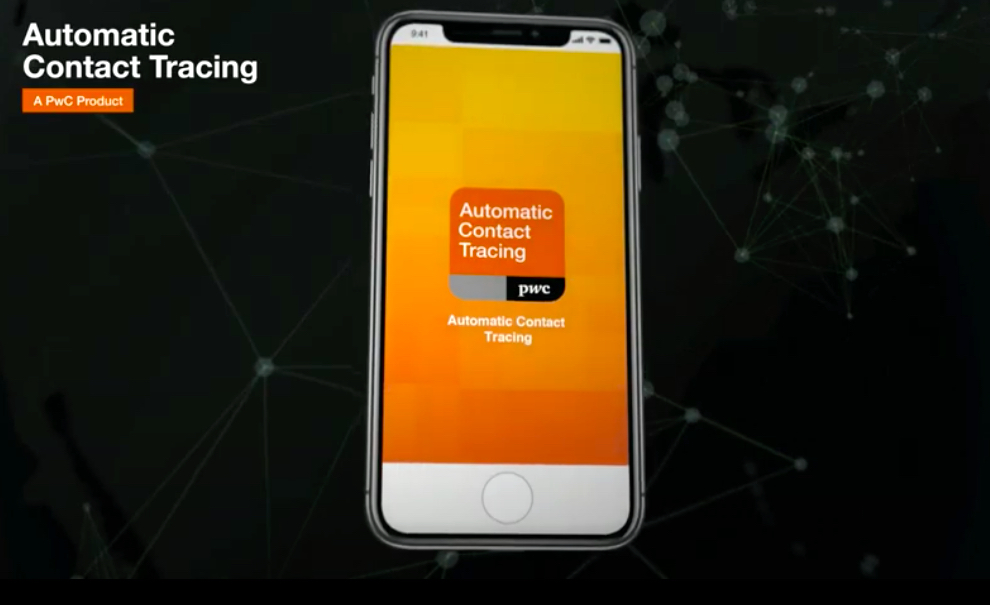With phases of relaxing COVID-19 restrictions progressing across the DMV region, it’s a time when companies of all sizes are beginning to think about how they will get back to work.
In hundreds of conversations with executives at big firms, Rob Mesirow, the D.C.-based partner of PricewaterhouseCoopers’ (PwC) Connected Solutions/IoT practice, has found a common topic: “the overwhelming need for these contingencies that will provide comfort to workforces to return to the work environment,” he said. “It could not be more top of mind.”
It’s a problem set crying out for new tools that apply data-centered approaches and can scale quickly across big workforces. In other words, it sounds like an area where tech might play a role. Along with visibility into employees’ current health status, stopping a contagious virus requires tools to identify the people who infected individuals came in contact with, and determine where it might’ve spread.
We’ve all become acquainted with this term known as contact tracing in the last couple of months, as it has been identified as a crucial public health tool. For use inside businesses, professional services company PwC developed a tool that applies technology to the highly manual and hours-long process of calling people, interviewing them, getting a list of their contacts, then calling more people.
The company, which has local offices in McLean and Arlington, Virginia, was able to take an indoor geolocation platform and “lift and shift” the technology to apply to contact tracing, said Mesirow. Via an app, it allows employers to identify who from a workplace might’ve come into contact with someone infected. When someone self-reports having COVID-19, the system provides a list to employers of people who potentially came into proximity with the infected person within 30 seconds, with each sorted into a proximity ranking.
It can also help to prevent closing down an entire office. If the tracing tool found a person was in a specific area, then those sections of an office could be isolated for cleaning.
While tech tools can prove powerful in aiding public health, the data available also makes privacy a concern. Mesirow emphasized that it was a “privacy-first design.” When he first approached the head of HR about the technology, “the first call wasn’t to the dev team. The first call was to our head of privacy,” he said.
Rather than tracking location, the tool is seeking to understand signal patterns, and develop proximity scores. Only specific people have access to the dashboard, and the data is destroyed once a search is finished. And, he said, it is only observing signals inside a workplace.
“This is just a straight list. It’s not about location, it’s about proximity, and at the end of the day,” he said, “you’re getting it in a fraction of time so that you’re able to flatten the curve and protect well-being.”
PwC is using the tool itself as a required part of its own ongoing return-to-work efforts, and it is also marketing it to other companies with lots of interest so far. Terri McClements, PwC managing partner for the mid-Atlantic, said the tool can help provide “peace of mind” to employees that, “if something should happen within the walls of our office space, we will take action on it. We can identify. We can isolate.”
Join the conversation!
Find news, events, jobs and people who share your interests on Technical.ly's open community Slack

DC daily roundup: Inside UMCP's new ethical AI project; HBCU founder excellence; a big VC shutters MoCo office

DC daily roundup: Esports at Maryland rec center; High schoolers' brain algorithm; Power data centers with coal?

DC daily roundup: Tyto Athene's cross-DMV deal; Spirit owner sells to Accenture; meet 2GI's new cohort


